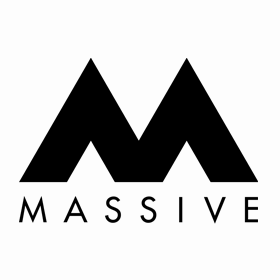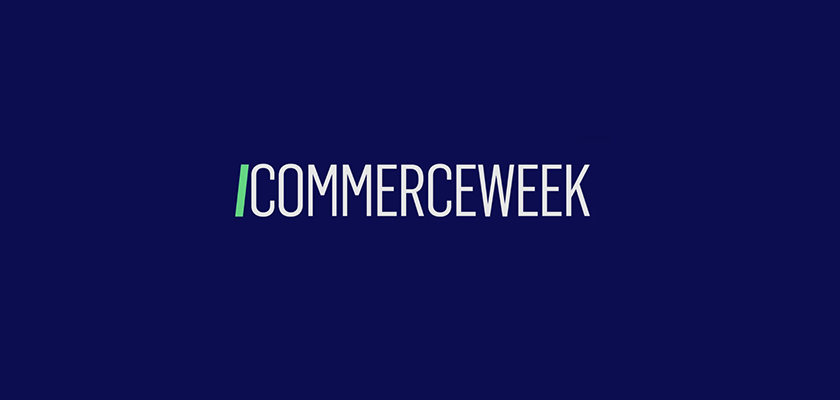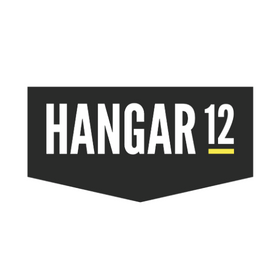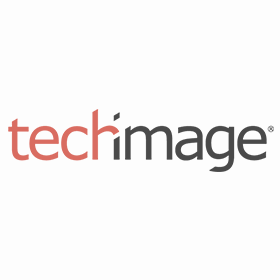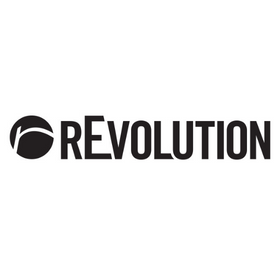We connect you with the best and most reliable agency partners for your projects. All DAN members are thoroughly vetted and ready to deliver exceptional results.

Featured Agencies
Prominent Influencer Marketing Companies of Chicago
Select a service type to discover the best digital marketing agencies!
DAN Member Agencies
Providing Influencer Marketing Services in Chicago
All influencer marketing agencies in Chicago have been vetted and verified against the following criteria:
- Portfolio Quality
- Reliable Services
- Sectoral Expertise
- Team Transparency
If you have any feedback regarding the agencies, please contact us.
Best Digital Marketing Agencies by Services in Chicago
Discover the top-notch digital marketing agencies in Chicago by browsing through wide range of services
- AI Marketing Agencies in Chicago
- B2B Marketing Agencies in Chicago
- Branding Agencies in Chicago
- Content Marketing Agencies in Chicago
- Creative Agencies in Chicago
- Digital Marketing Agencies in Chicago
- Digital PR Agencies in Chicago
- Digital Product Design Agencies in Chicago
- Digital Strategy Agencies in Chicago
- eCommerce Agencies in Chicago
- Email Marketing Agencies in Chicago
- Inbound Marketing Agencies in Chicago
- Mobile App Development Agencies in Chicago
- Online Advertising Agencies in Chicago
- PPC Agencies in Chicago
- SEO Agencies in Chicago
- Social Media Marketing Agencies in Chicago
- Software Development Agencies in Chicago
- UX Design Agencies in Chicago
- Video Production Agencies in Chicago
- Web Design Agencies in Chicago
- Web Development Agencies in Chicago
What is an Influencer Marketing Agency?
An influencer marketing agency is a bridge between you and the influencer and helps brands and businesses connect with influencers in order to promote their products, services, or ideas. Influencers are people who have a large following on social media and are known to be influential in certain areas or industries. They can be celebrities, social media personalities, or industry experts. Agencies offer a variety of influencer marketing services on a variety of platforms.
What Do Influencer Marketing Agencies Do?
There are different types of influencers with different types of followers or subscribers: micro-influencer, celebrity influencers, blog influencers, social media influencers, and key opinion leaders (KOL). In the same way that there are various types of influencers, there are various types of influencer marketing agencies as well, including b2b influencer marketing agencies, micro-influencer marketing agencies, and agencies with particular expertise on certain platforms, like TikTok influencer marketing agencies or YouTube influencer marketing agencies in Chicago. Briefly, top influencer marketing agencies will help you to find the perfect influencer who has followers similar to your marketing persona. They help you to create your marketing strategy by considering different variables such as coming up with your campaign goals, specifying your campaign audience, setting your budget, choosing the respective influencer, reviewing the influencer’s work, aligning with the influencer, finalizing campaign expectations, rewarding your influencer and measuring the success.
What Are the Influencer Marketer Channels?
Influencer marketing channels are platforms that marketers use to communicate with the target audiences through influencers. These social media channels, such as YouTube, Facebook, Instagram, and Twitter, allow businesses to reach a large audience without having to spend huge amounts of money on traditional advertising. With the rise of social media, the number of social media influencers has increased tremendously and influencer marketing has become an important tool for businesses to reach their potential customers and target audience.
Instagram Influencer Marketing
Instagram, one of the most used social channels of the 21st century, is a photo-sharing platform that is highly popular among influencers. Many brands and businesses use Instagram to create sponsored posts and ads that can reach their target audience quickly. Instagram influencer marketing agencies can help your company to find the right influencers and to create content that suits your product and services.
Facebook Influencer Marketing
Even though it seems like Facebook has lost its popularity, it’s still one of the most used social media channels and an effective channel for influencer marketing. Facebook influencer marketing agencies help their customers to decide whether Facebook or another social channel is appropriate for their brand to be promoted and make sure their target audience is in the right place. Facebook influencer marketing agencies create ads and sponsored content for your businesses, and team up with influencers to promote your brand accordingly.
YouTube Influencer Marketing
It’s a known fact that YouTube is the world’s second most popular social channel and includes a high amount of award winning successful influencers and offers businesses the opportunity to reach a large audience with videos. Businesses can create original content or collaborate with influencers to create sponsored content for their target audience. When creating high-quality video content, partnering with the right YouTube influencer marketing agency can be a highly effective advertising strategy.
Twitter Influencer Marketing
Twitter is an excellent tool for businesses to interact with their target audience. Businesses can use Twitter to create ads and sponsored posts that will be seen by their target audience. They can also collaborate with influencers to create content that will be seen by a larger audience. Influencers on Twitter can provide your company with a genuine endorsement. They have credibility and can speak to your target audience directly. It is an excellent platform for instantly and inexpensively raising brand awareness. Collaborating with a Twitter influencer marketing agency will assist you in finding the ideal Twitter influencer who can advertise your brand. Or perhaps you can use Twitter influencers to offer potential clients early feedback of a new product or service that your business has just released.
TikTok Influencer Marketing
If your target audience is Gen Z, you might think about collaborating with TikTok influencers. Similar to YouTube, TikTok’s primary purpose is the sharing of videos. Therefore, the core of any TikTok influencer marketing plan will be influencers creating, sharing, and perhaps live streaming videos that in some sense sell your brand and make it appealing to their followers. It’s crucial to avoid being too pushy because Generation Z is notoriously tough for marketers to attract due to their complete hatred for anything that resembles a traditional advertisement. Thus, that is exactly why partnering with TikTok influencer marketing agencies can help your marketing strategy toward younger generations become effective.
Free Listings
of Influencer Marketing Firms in Chicago
-
PageTraffic
A premier digital marketing agency with over 20 years of industry expertise, we specialize in crafting tailored strategies.
HQ: Chicago
Articles and Case Studies on Influencer Marketing
Discover more Influencer Marketing articles on our blog!





